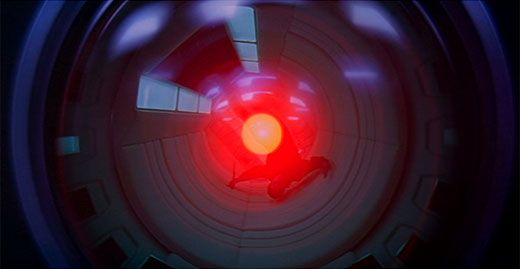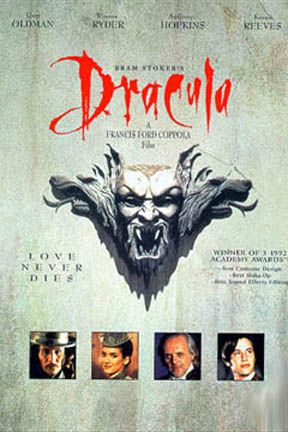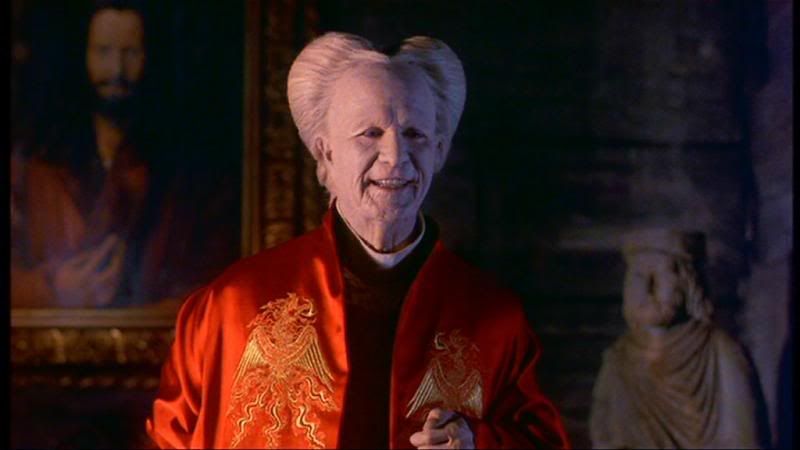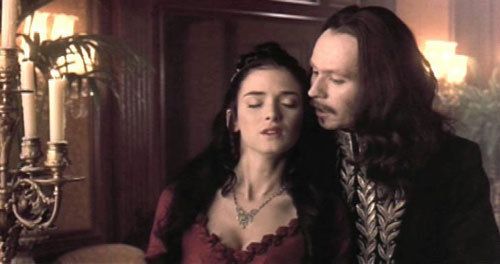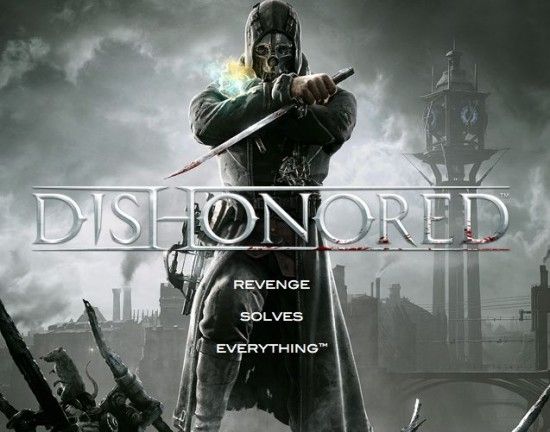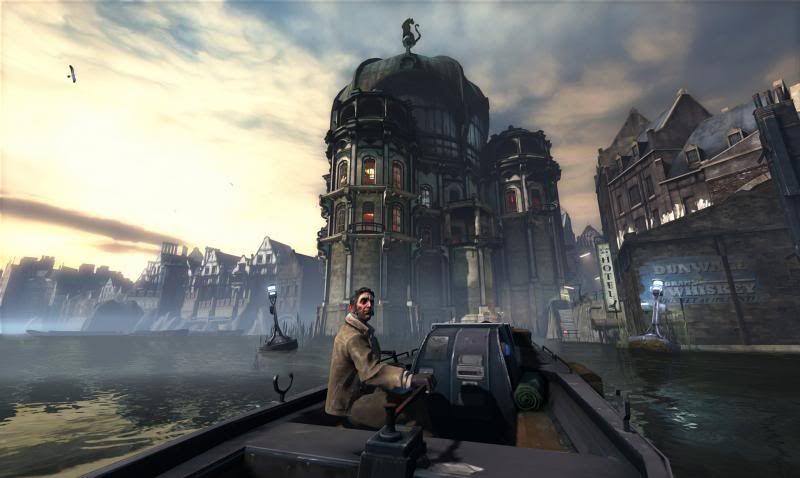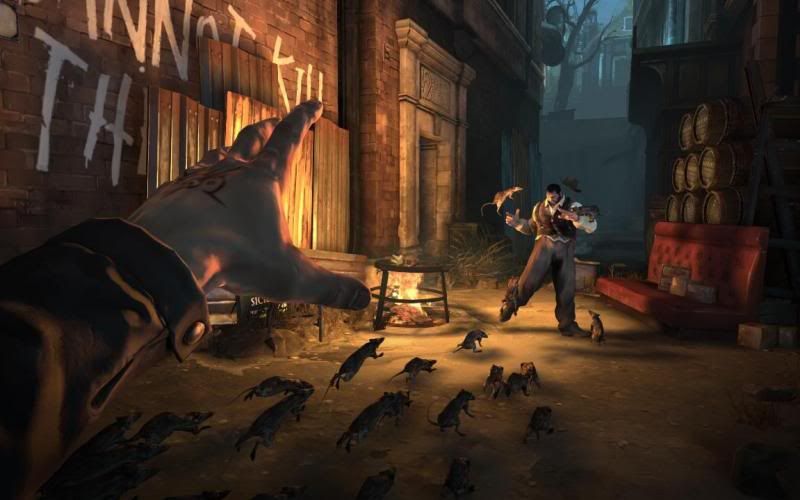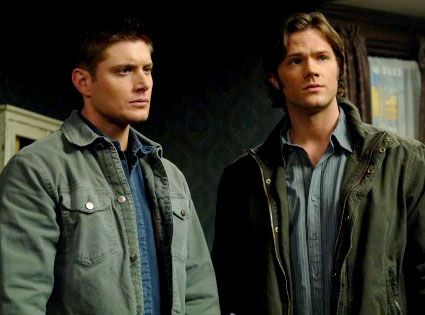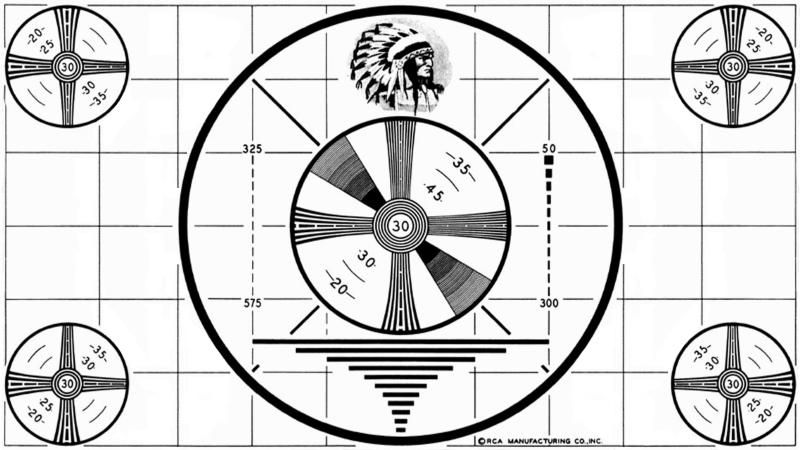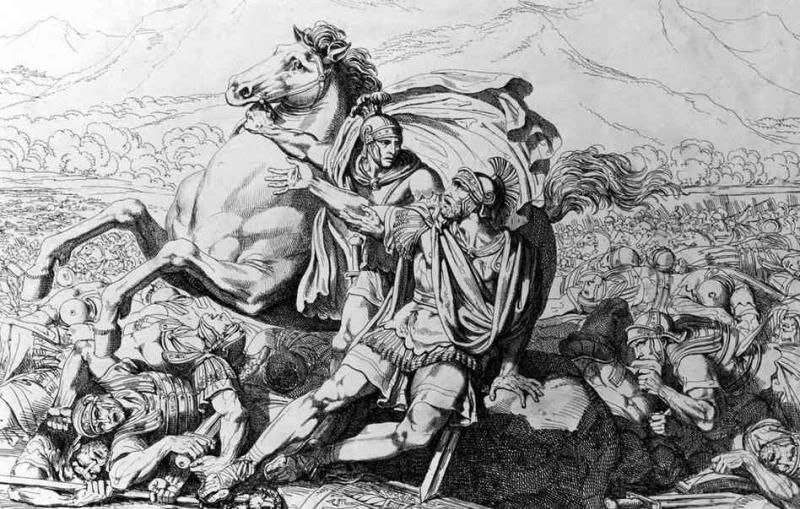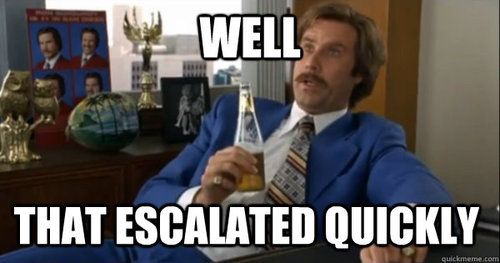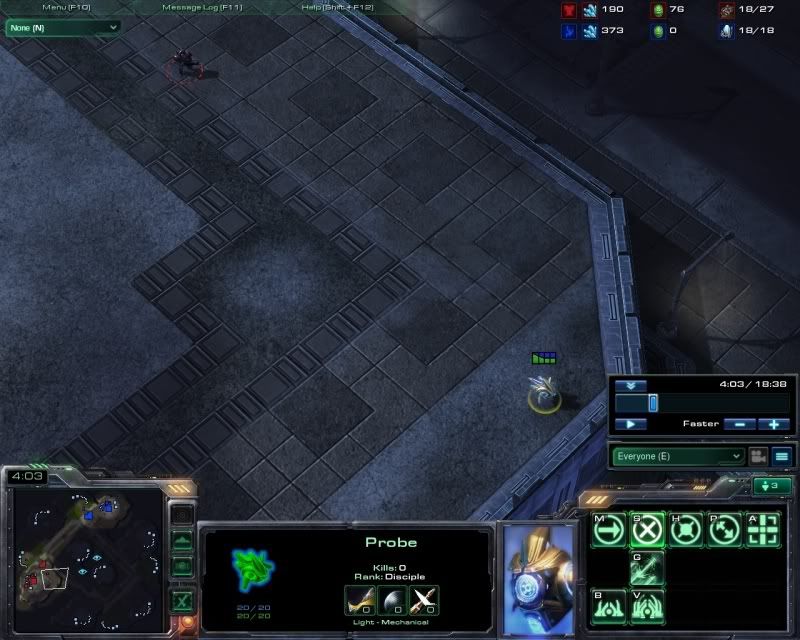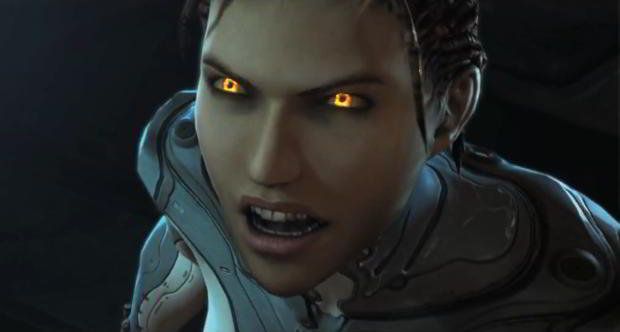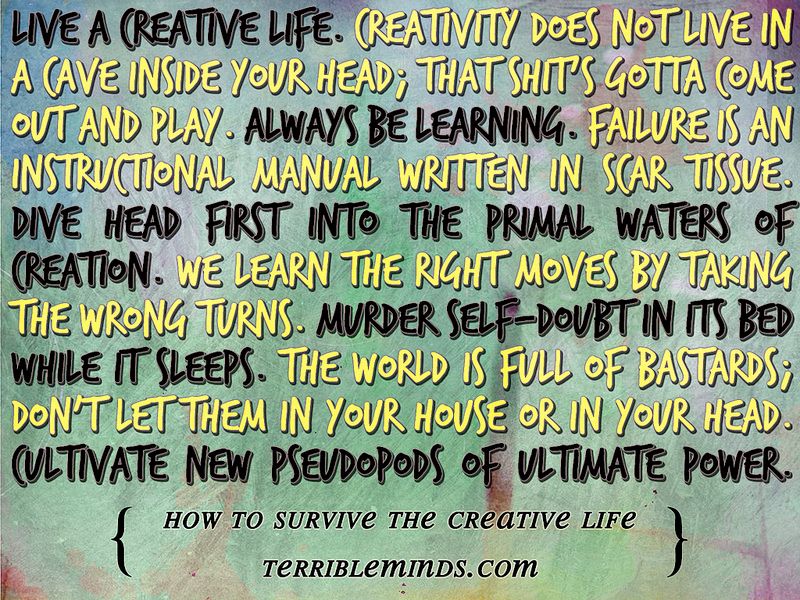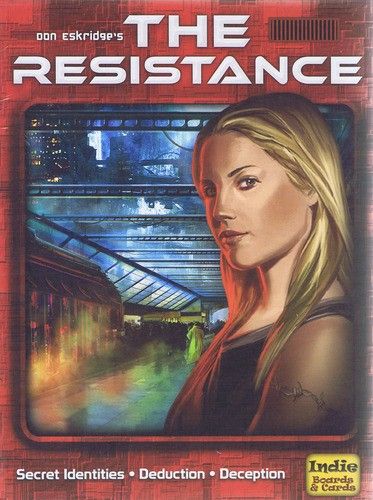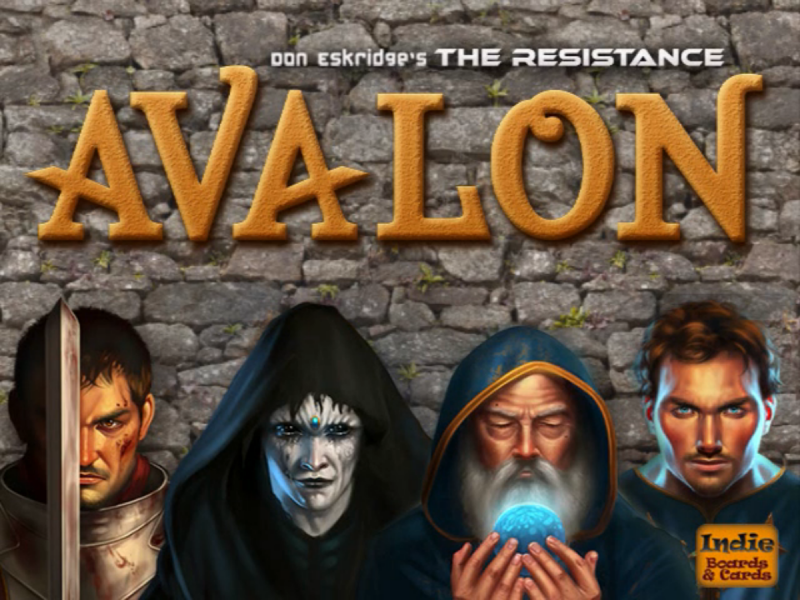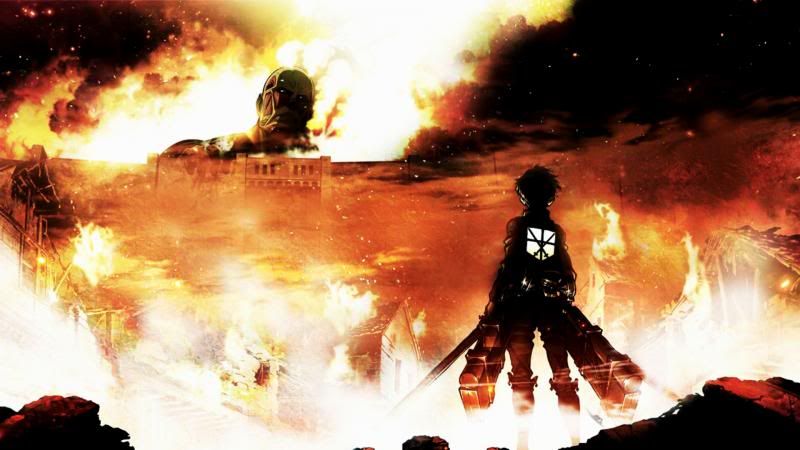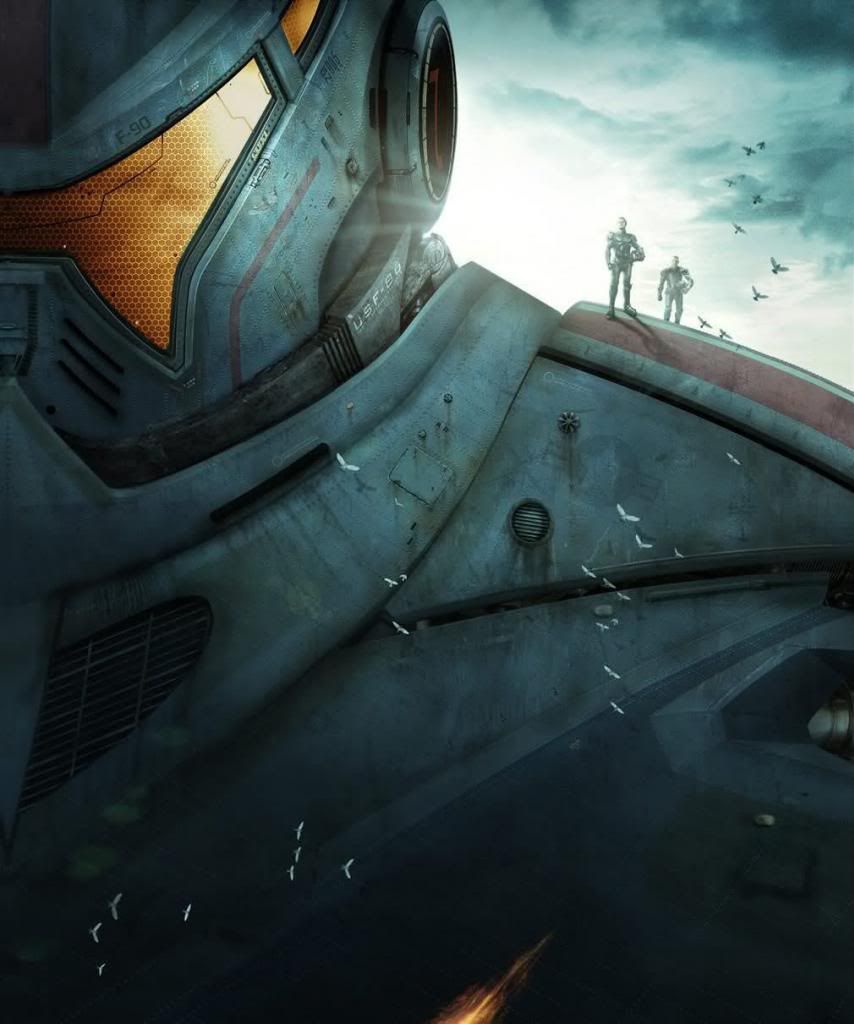
The more I think about
Pacific Rim, the more I like it. Yes, the characters can be somewhat stock, and the plot is fairly straightforward, but the scope and spectacle of the film are awe-inspiring. I think if you had told me even five years ago that big robots would be on the big screen in America all on their own without an anime series behind them, I would have balked at the idea. As much as I've been a fan of big robots since I was a child, and piloted robot fiction for a decade or two, I didn't think it would happen. It's something of a niche genre. Still, big 'bots have been a part of my entertainment since I was young. The original
Transformers animated series made me look at boring old traffic in a new way. A sports car, a tractor trailer, even a construction vehicle could, at any moment in my young mind, become a giant robot ready for a fight. My first piloted mecha show was either
Voltron or
Robotech. As much as I enjoyed all three of the series that got jammed into the latter show, the portion in the beginning,
Macross, captured my attention the most. One of the first shows I sought out on my own was
Macross Plus, the OVA (original video animation) that followed the
Macross series. With beautiful animation, a haunting score by Yoko Kanno, interesting character dynamics, and Sharon Apple, it remains very much up my alley to this day. I was introduced to
Neon Genesis Evangelion and my first Gundam series (
Gundam Wing) at about the same time. Evangelion is very different from just about any other mecha series you'd care to name, damn close to a perfect deconstruction of the genre. It's still talked about today, 18 years after it premiered. That's right - there are people today,
who might be reading this, who do not know what it was like to live in a world without Evangelion. Or the Internet. ... Let's move on before I feel too old. It was always a shame to me that
The Big O didn't get more than a second season from Cartoon Network. The infusion of noir sensibilities and greater mysteries into piloted robot antics worked very well. Not long after that, I saw some of the massive body of work that is
Getter Robo. It and
Mazinger Z are pretty much the urtext of the other series I've mentioned, and while I haven't checked out any
Mazinger, I'm a fan of Go Nagai's other work. And then there was
Shinkon Gattai Godannar, which may take the prize for the most fan-service in a series that isn't adults-only that I've seen. I mean, it's a good series outside of the fan-service, and that theme song is catchy as hell, but...
damn. And then, most recently, there is
Tengen Toppa Gurren Lagann. I went over that one in detail previously, and looking back on everything I've seen already, I do think that it stands head and shoulders above the rest. Maybe it's just that stories that involve the indomitability of the human spirit get under my skin in ways others don't. A lot of mecha tales approach this idea, from revolutionaries refusing to give up to human consciousness overcoming programming and restraint, but
Gurren Lagann feels unique in the way it treats the fighting spirit of the human heart as a
power source, and a nearly inexhaustible one at that. I think that's one of the things that sticks with me about
Pacific Rim. Arch as the characters might be, many of them have that never-say-die attitude that I can't help but admire. There's also the fact that these shows are at their best when the big robots are less important than the people inside them. As cool as the Jaegars are, they are only animated when their pilots enter the Drift with one another. It's something the film has in common with shows like
Evangelion or
Gurren Lagann, and why it sticks out in my mind as a good story, and one worth watching again. Though, I could simply be biased towards big bots.
Blue Ink Alchemy
